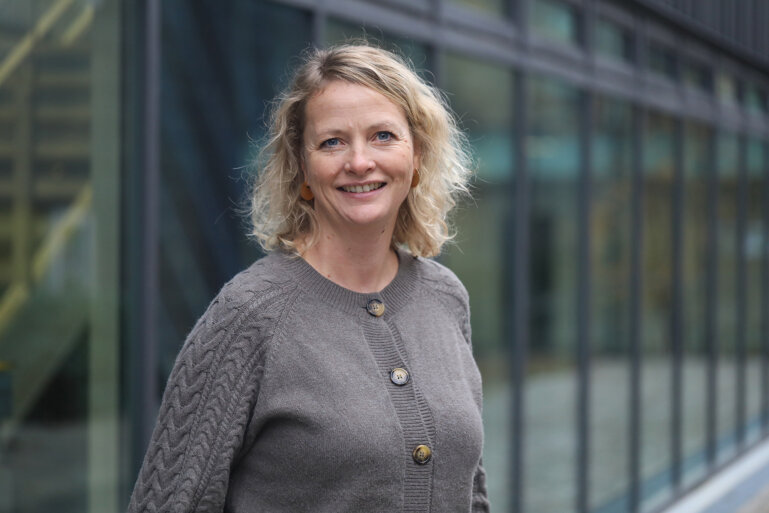A system integrating computer tomography scans and pathological markers offers promise to personalise adjuvant therapy
A retrospective multicenter study reported that a novel prognostic risk stratification system for stage II colorectal cancer (CRC) integrating preoperative computer tomography (CT) imaging and postoperative pathological risk factors provided a more precise and personalised risk assessment than current guideline-based risk factors. Findings were published in the Annals of Oncology earlier this month (Ann Oncol. 2025 Jun 4:S0923-7534(25)00766-5).
Clinicopathological features that are currently employed in oncology fail to identify all patients who would truly benefit from adjuvant chemotherapy, potentially leading to both overtreatment in low-risk patients and undertreatment in high-risk individuals (Int J Cancer. 2016; 139:187-193), and artificial intelligence (AI) is increasingly emerging as a valid approach to address critical challenges in tumour diagnosis, molecular biomarker detection, and cancer prognosis assessment.
In the study, authors presented the intelligent risk integration system for stage II CRC (IRIS-CRC), which integrates deep learning analysis of multi-planar computed tomography scans (STAR-CRC) with pathological markers, and was validated across 12 centers. The training dataset included 1,110 patients, the internal validation dataset included 477 patients, and the external validation dataset included 1,405 patients.
IRIS-CRC stratified patients into four groups demonstrating robust prognostic stratification across all datasets, with 3-year disease-free survival rates consistently ≥0.95 in the Favorable group, between 0.95 and 0.75 in the Intermediate group, between 0.75 and 0.55 in the Poor group, and ≤0.55 in the Very Poor prognosis group.
“The system reclassified 27% of high-risk patients as lower risk and identified 7% of low-risk patients as very high risk in terms of prognosis, potentially needing intensive treatment. Also, the AI tool resolved uncertainty in 47% of intermediate-risk cases”, comments Dr Rodrigo Dienstmann, working at the Oncoclínicas & Co, Brazil, and Vall d’Hebron Institute of Oncology, Spain, Editor-in-Chief of the ESMO Real World Data and Digital Oncology, one of the most recent Society’s peer-reviewed journals. IRIS-CRC showed to outperform a guideline-based system. “This deep learning radiomics-pathology hybrid approach enables personalised adjuvant therapy decisions, potentially optimising care for all patients.”
AI & Digital Oncology: Resources in one place
Looking for further insights into how artificial intelligence and digital tools are impacting oncology? The ESMO AI & Digital Oncology Hub brings together expert perspectives, research updates, and thought leadership from across oncology.
It is a space where you can stay informed, discover resources, and follow the conversation on digital innovation in cancer research and treatment.
To further explore the transformative potential of AI in oncology, the very first ESMO AI and Digital Oncology Congress 2025, taking place from 12 to 14 November, will provide a dedicated platform focused on the latest advances in AI and digital technologies in cancer care.






